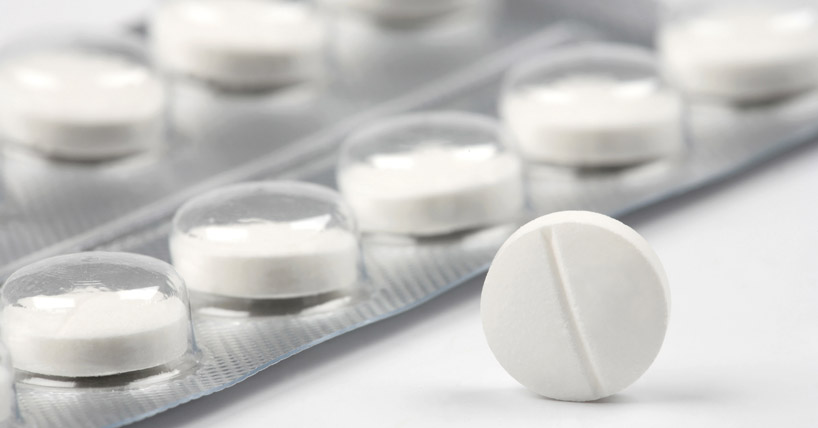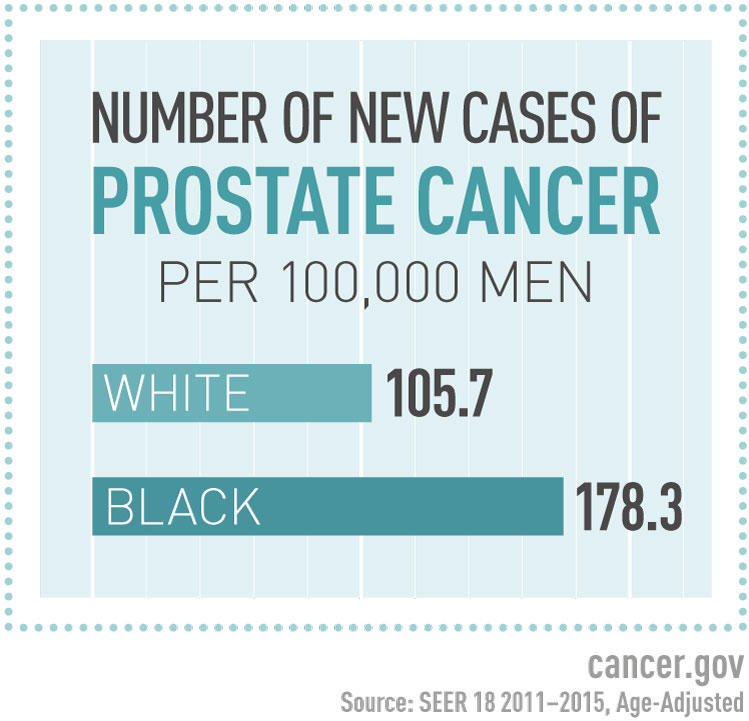 |
| Image credit FDA Healthnews.com |
CANCER DIGEST – June 26, 2020 – New research indicates that taking vitamin D supplements may help prevent one of the potentially serious side effects of a revolutionary form of anti-cancer therapy, called checkpoint inhibitors, a new study shows.
The findings are published early online in CANCER, a peer-reviewed journal of the American Cancer Society (ACS).




